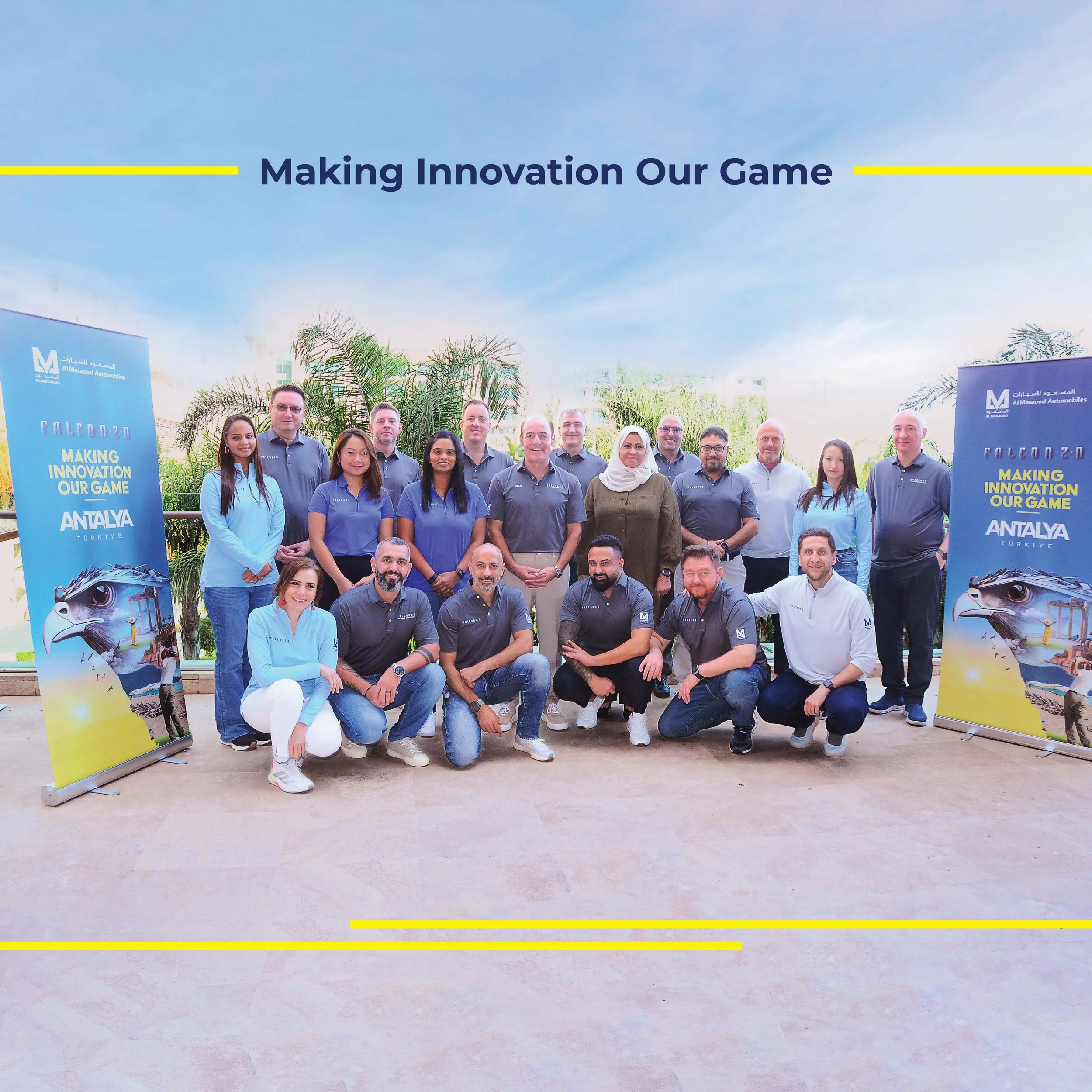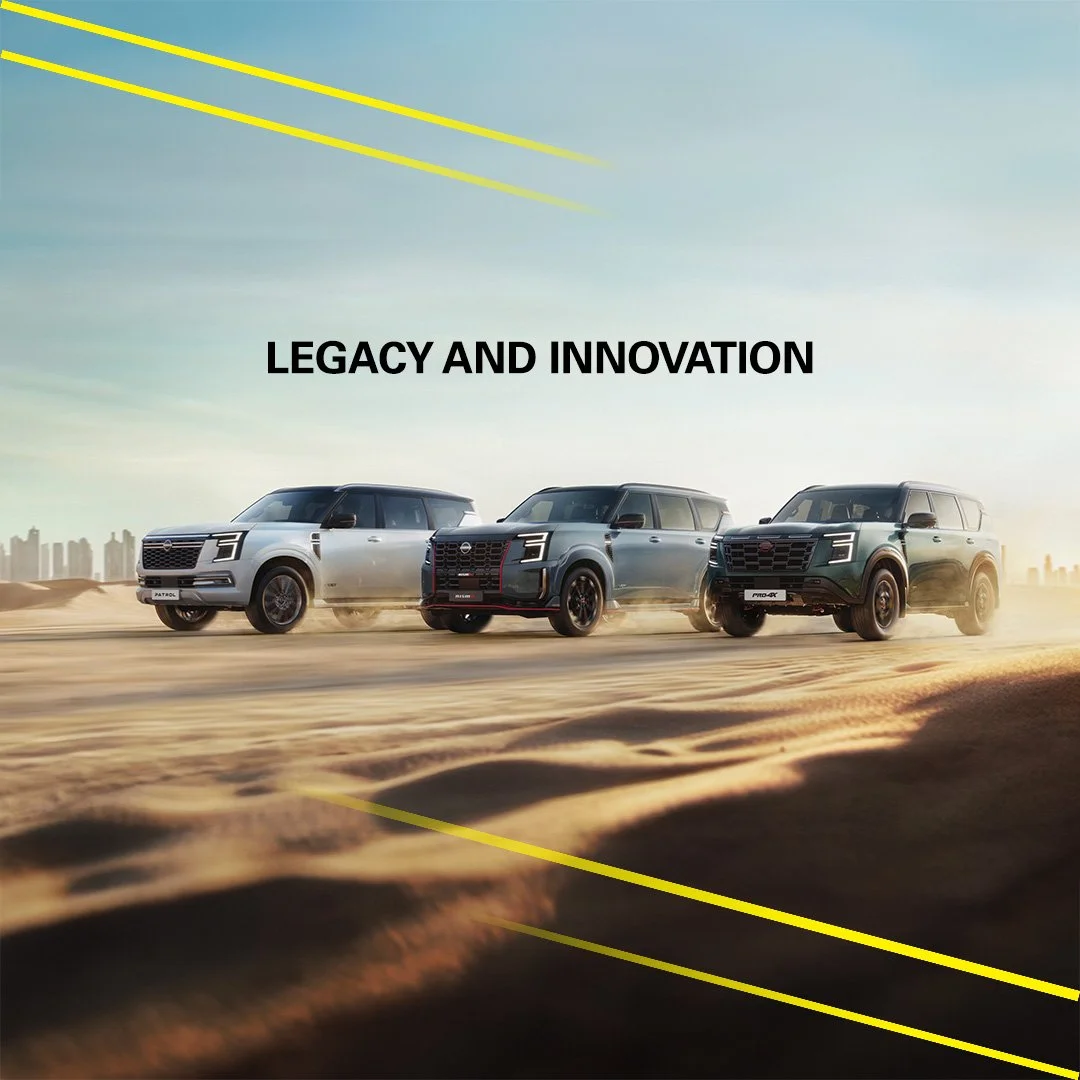The Business Year: Electric cars will make up 2-3% of sales by 2020
TBY talks to Irfan Tansel, CEO of Al Masaood Automobiles, on representing Nissan, autonomous cars, and the “green economy”.
What is the strategy behind Al Masaood's current portfolio of vehicles?
Al Masaood's strategy is enshrined in our vision statement, this outlines that we must embrace our heritage while also delivering innovation and excellence. Our goal is to remain loyal to our core principles and build upon the strengths we have developed over the years. We are in a service sector; our product is not cars or spare parts, but instead customer service. For Al Masaood Automobiles, we have traditionally always been number one in terms of customer satisfaction, as well as in sales. Sales is easier when customers are happy and when they already know the brands; but services can be difficult, with customers thinking about the uncertainty of giving us their cars, not knowing when they will be ready. If it's a painting job, customers might worry about whether we can match the color, or how much we are going to charge; however, we excel by putting ourselves in the shoes of our customers. Project Falcon is part of our strategy that we developed in 2017, encompassing many of the features that embody the organization, such as teamwork, reliance, and heritage. We are proud of our reputation and we recognize that market demand changes rapidly.
What are some of the most significant changes disrupting the automotive industry today?
The automotive industry is undergoing rapid change such as; autonomous driving, connectivity, electric cars, and intelligent solutions. Statistics suggest that in the UAE, about 12 years ago, people were making about five trips to a showroom to buy a car. However, today, people are taking less than two trips to purchase a car due to the impact of technology. Customers are now fully aware of what they want before they step into the showroom. They are aware of the specifications, technology, and price of the car as all that information is available online or in social media. The UAE still values customer interaction in the showroom; however, this may change rapidly. A concept such as digital stores may become more prominent in the future, whereby the customer can select which car they wish to test drive online.
Are you implementing plans to stay abreast of these changes? How can this help you differentiate from your competitors?
We have already started a pilot project through pop up stores and digital stores and are currently exploring ways to enhance our showrooms. The transformation of shopping malls from buying areas to lifestyle and leisure areas is something I believe will happen. The physical malls will remain but people will choose to buy things online. Factories stand to benefit from selling products directly to the customer, cutting down on agencies, retail outlets, showrooms, rental fees, and registration. At present, the ratio of entertainment in shopping malls is about 10% and in a few years it will increase to around 50%.
How have you built a legacy around your key brands? Are you observing an increase in market share from different brands in the UAE market?
What differentiates us is the quality of our service but, of course, the cars we sell are equally important. By representing a brand like Nissan, with its latest technology, mobility, and smart solutions, we offer innovation and futuristic appeal. No matter how good our service is, if our products are not appealing to the market, we wouldn't be successful. Trust is a key component here, along with quality, and customers recognize that. We are fortunate to have a portfolio of world-renowned brands that people trust. We offer a wide range of products from convenient daily use cars all the way up to trucks and buses. This creates tremendous reach to cater to all sorts of customers. With regard to future trends, the traditional model will change as millennials don't want to buy cars anymore. Paying for the exact amount of usage of a vehicle is a concept that will disrupt ownership. If you had an Al Masaood membership and there is a membership subscription fee for usage and an entire selection of cars at your disposal, would you still want to own a car? This is a complete shift from everything we associate with car ownership and will be even more attainable once autonomous cars become the norm.
What is your opinion on the impact of autonomous vehicles on the automotive sector at large? Where will they add the most value?
Autonomous vehicles will increase safety on our roads while also reducing costs. The majority of fatalities that happen on the road are caused by human error. Autonomous vehicles mitigate all of those distractions and are over 90% safer. There are also further benefits to society, such as limits on congestion, parking spaces, and car sharing, which will be more widely available. One car could be used by 10 different people in a day, meaning there could be 10 fewer cars on the road. This will lead to more parking space as well as green space, resulting in limited environmental impact.
How will the UAE's agenda for the green economy disrupt the industry and what are you pursuing in that area?
By 2020, electric cars should be generating 2-3% of sales in the UAE. Globally, the assumption is that 2025 will be the turning point for electric cars. A delay in an appropriate legal framework is making this more cumbersome, however, it is still maturing as global cities and governments try to adapt. In 1988, when mobile phones were first being developed, a survey conducted in the US asked consultants to predict the future by 2000. People expected thousands, but it was millions. We have the electric cars ready and people are investing, but the only downside in regards to technology is battery life. Substantial investment has taken place to accelerate this and once batteries change, the adoption level will be rapid.











